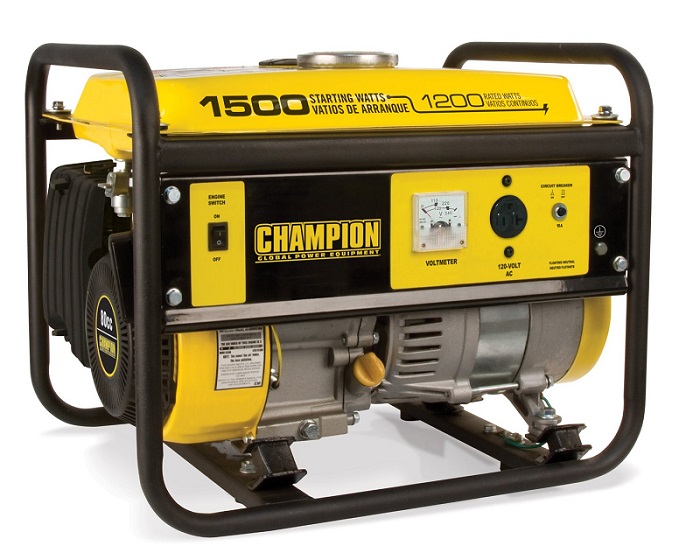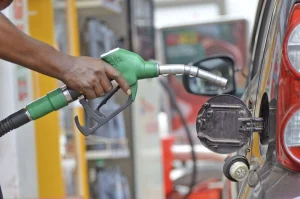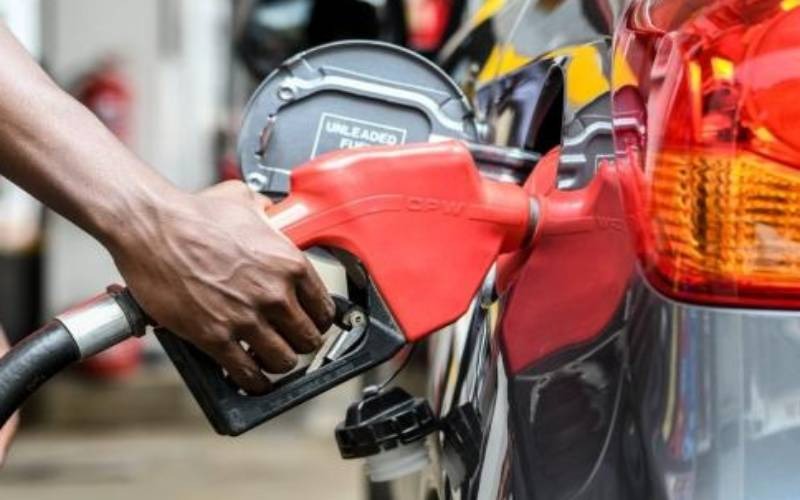A generator uses its internal combustion engine to create mechanical motion. That mechanical motion is translated into electrical current that you can use to power your home, your RV, or your outdoor party. There are two basic kinds of fuel, diesel and petrol. The third kind of fuel is propane.
For a review of the best fuel efficient portable generator models see this review by Toolazine.com. But first you should know a few things about the efficiency of petrol, propane, and diesel generators. You also need to know about the different types of fuel. For that, you have to go to the numbers.
The numbers
Diesel contains about 10% more energy by volume than petrol. If you are looking for the most fuel efficient generator, it is likely to be a diesel engine. Propane is the least efficient fuel. One gallon (3.78 litres) of propane produces 84,300 BTUs. One gallon of petrol produces 114,000 BTUs. One gallon of diesel produces 129,500 BTUs. That means propane produces 74% as much energy as petrol and 65% as much as diesel.
Furthermore, only about 35% of the energy from combusting fuel is converted into electricity. The rest goes into producing heat, friction, and moving exhaust. When it comes to fuel efficiency, the clear winner is diesel.
Why Is diesel more efficient?
First, diesel is more efficient because it contains more energy than petrol. Hydrocarbons are molecules that contain hydrogen and carbon. The more carbon in each molecule longer the chain and more stable the fuel. Methane is the shortest hydrocarbon and also the most unstable. It is lighter than air and quickly dissipates at room temperature.
Diesel has more carbon in its molecules than petrol. Therefore, it is more stable and less volatile. Since it is more stable, it stores more energy and releases more energy when burned. That’s why the fuel itself is more efficient. The engines themselves are also more efficient because of how they compress the fuel. The diesel engines only compress the air in the engine. Petrol engines mix the air and fuel then compress it. That obviously requires more energy and makes the engine less efficient.
There is a way that petrol engines can level the playing field, though. They are called inverter generators.
What is an inverter generator?
An inverter generator can save you fuel in two distinct ways. First, the generator has a power inverter. The inverter inside changes the alternating current produced by the engine into direct current. It then inverts the direct current back to alternating current based on the demand you place on the generator. Therefore, the generator can use an electronic control system to throttle the engine up and down depending on demand. That reduces the amount of fuel that is wasted.
In a traditional petrol generator, your generator needs to be running between 1800 RPMs and 3600 RPMs to produce electricity. Since an inverter cna speed up and slow down the engine, it will be more fuel efficient. So, what’s the catch?
READ ALSO: SIMPLE WAYS TO SAVE MONEY ON YOUR CAR
The catch is the expense. An inverter generator tends to be somewhat smaller than comparable diesel generators. Furthermore, they will be more expensive you find anything close to the output possible with a large diesel generator.
What about occasional use?
If you have a generator for emergencies or for the occasional holiday, you don’t need the same kind of generator as someone who runs their generator constantly as their main power source. For occasional use, the most efficient fuel is diesel. Typically, petrol can be stored safely for about 12 to 24 months. If you rarely use your petrol generator, you should actually drain the petrol from the tank to keep it from gumming up.
In contrast, diesel lasts for 24 to 48 months depending on the weather and how you store it. So, it’s not actually about the efficiency of the engine burning the fuel but that is a fuel efficiency consideration. If you’re paying for petrol that goes bad before you can use it, you’re just wasting your money.
What are load statistics?
When you are in the market for a generator, you will see the same statistic popping up constantly; that is the amount of fuel consumed at ¼ or ½ load. Typically, this is marked in terms of hours. One quarter load is where a petrol generator has the better fuel efficiency.
A diesel engine, including a generator, is optimised to run at 40% load or higher. That’s because the engine has to create enough compression to combust all of the fuel. If you run it at lower than 40% load for extended periods, you could end up with over fueling or wet stacking. These are two conditions in which uncombusted fuel moves through your engine. It can move to your exhaust or into the engine itself. That means that you’ll have to run the engine at a higher load than you might need. So, if you need to run your generator at 25% load, you’ll get more efficiency out of a petrol generator.
SEE: FIVE MOST FUEL EFFICIENT CARS IN THE MARKET
What does that mean? That means that you can buy a larger petrol generator for emergencies but run it at a light load for day to day use.
What about propane?
As stated earlier, propane is the least efficient fuel. It does not produce the same amount of energy per litre as diesel or petrol. However, there is one huge area in which propane is the winner; that is longevity. Diesel and petrol degrade over time. Propane will last indefinitely as long as your petrol tank is properly sealed. So, if you need fuel that will last a long time between uses, propane is the most efficient.
What is the bottom line?
The bottom line is that the most fuel-efficient generator is the one that is right for you. In a vacuum, diesel generators are more efficient than petrol generators. They deliver more power while consuming less fuel. The generators themselves can run longer without maintenance as well. However, petrol generators can be more fuel-efficient.
If you choose an inverter generator, especially one designed for smaller applications, the petrol generator will be more efficient than a diesel generator. Also, if you are looking for a generator that will run at a light load, a petrol generator will likely be more efficient.













2 Comments